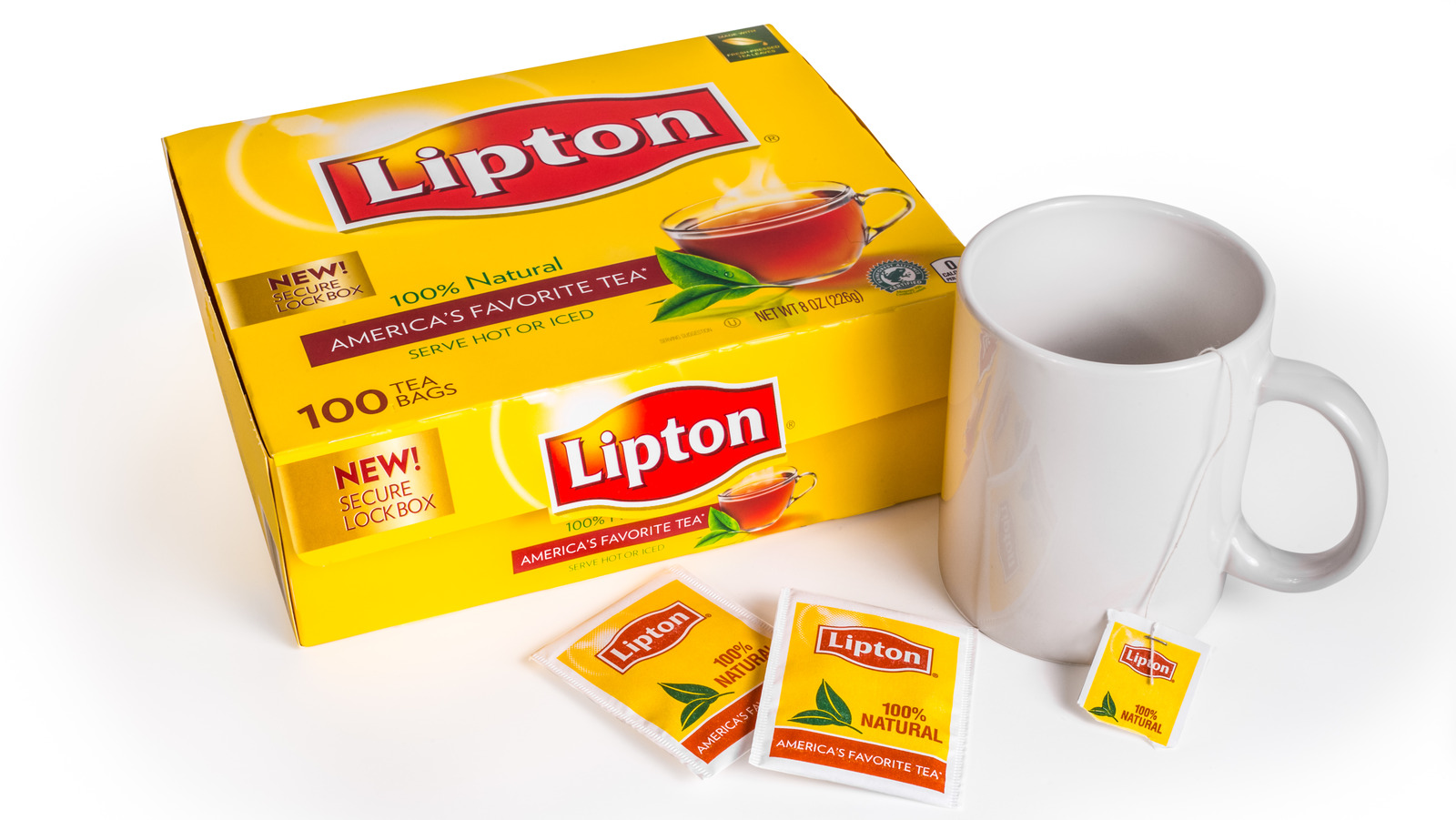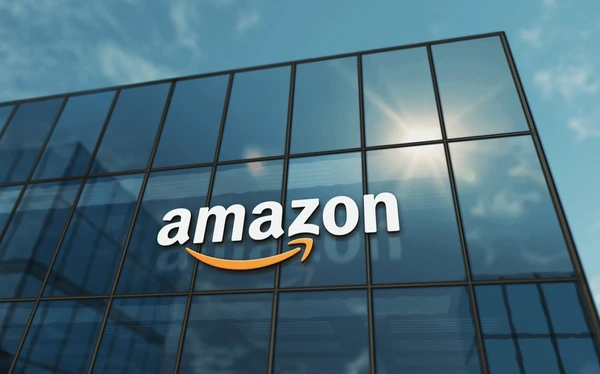priceless-stories.org – Rare Beauty, founded by global superstar Selena Gomez in 2020, has quickly made a name for itself by blending beauty with purpose. With a focus on promoting self-expression, inclusivity, and mental health awareness, Rare Beauty has become a favorite among beauty enthusiasts looking for products that celebrate individuality. Beyond just makeup, Rare Beauty is a brand with a mission: to challenge unrealistic beauty standards and inspire self-confidence.
The Birth of Rare Beauty
Selena Gomez launched Rare Beauty with the goal of creating a brand that encourages people to embrace their unique beauty and celebrate imperfections. Drawing from her own experiences in the spotlight, Gomez wanted to offer a beauty line that not only empowers individuals to feel comfortable in their skin but also supports mental health. Rare Beauty’s message is clear: beauty is more than skin deep.
The brand was introduced with an extensive product lineup, featuring foundations, concealers, blushes, lip products, and more, in a wide range of shades to cater to diverse skin tones. Rare Beauty’s products are designed to be lightweight, buildable, and easy to apply, allowing users to create a natural look that enhances their features without feeling heavy or overdone.
Iconic Products and Innovation
One of Rare Beauty’s most beloved products is the Liquid Touch Weightless Foundation, which offers medium coverage with a breathable, lightweight feel. Paired with the Liquid Touch Brightening Concealer, the foundation provides a natural, radiant finish that complements a wide range of skin tones, thanks to its impressive 48-shade range.
Another standout product is the Soft Pinch Liquid Blush, available in both matte and dewy finishes. This highly pigmented, long-lasting blush has become a fan favorite for its blendability and the healthy, flushed glow it gives the skin. Similarly, the Lip Soufflé Matte Lip Cream offers a soft, airy texture with rich color payoff, making it one of Rare Beauty’s signature lip products.
Rare Beauty also introduced its Always an Optimist 4-in-1 Mist, a hydrating mist that primes, sets makeup, and refreshes the skin, reflecting the brand’s focus on multitasking products that cater to a modern, busy lifestyle.
A Brand with a Mission: Mental Health Advocacy
Rare Beauty is more than just a beauty brand—its mission is deeply intertwined with mental health advocacy. With the launch of the Rare Impact Fund, Selena Gomez committed to raising $100 million over the next 10 years to support mental health services, particularly for underserved communities. A portion of every Rare Beauty sale goes toward the fund, making every purchase a contribution to a larger cause.
The brand actively works to destigmatize mental health struggles, encouraging conversations about self-worth, confidence, and mental wellness. Selena Gomez herself has been open about her own mental health journey, which has made the brand’s message even more personal and resonant for many of its fans.
Rare Beauty’s campaigns and messaging emphasize the importance of self-care and being kind to oneself. By promoting mental health alongside beauty, the brand aims to redefine traditional beauty standards and remind people that they are more than what they see in the mirror.
The Future of Rare Beauty
As Rare Beauty continues to grow, it is expected to remain a leader in the beauty industry by promoting inclusivity, mental health awareness, and self-expression. With a loyal and growing customer base, Rare Beauty’s future will likely involve more innovative product launches and expanded initiatives to support mental health advocacy.
Rare Beauty has already made a significant impact by challenging beauty norms and encouraging individuals to embrace their own uniqueness. As it continues to evolve, the brand is poised to inspire even more people to celebrate their imperfections, prioritize their mental well-being, and find beauty in their authenticity.


